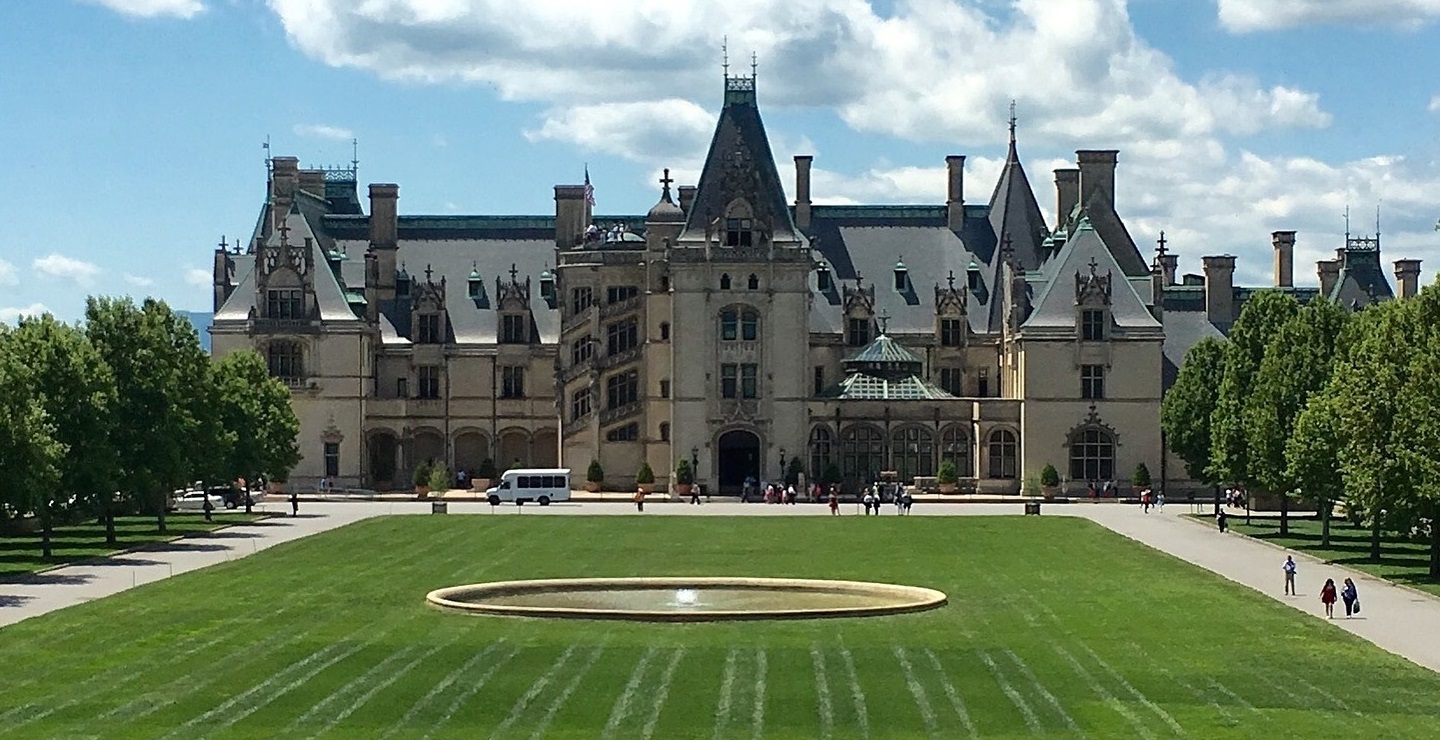North Carolina: A Tapestry of History, Nature, and Culture
North Carolina, a state located in the southeastern region of the United States, is known for its diverse landscapes, rich history, and vibrant culture. From the towering peaks of the Appalachian Mountains to the sandy shores of the Atlantic Coast, North Carolina offers a unique blend of natural beauty, economic vitality, and cultural heritage. North Carolina, often affectionately referred to as the Tar Heel State, is a captivating blend of history, natural beauty, and Southern charm. From the bustling metropolis of Charlotte to the serene Outer Banks, the state offers a diverse range of experiences for every visitor.
Historical Significance
North Carolina’s history is a rich tapestry woven from the stories of Native American tribes, European settlers, and African Americans. Originally inhabited by tribes such as the Cherokee and the Tuscarora, the area was first explored by Europeans in the 16th century. The state’s name honors King Charles I of England, with “Carolina” derived from the Latin “Carolus,” meaning Charles.
In 1587, the Roanoke Colony, also known as the Lost Colony, became the first English settlement in America, though it mysteriously disappeared. By the 18th century, North Carolina had developed into a robust colony with a growing economy based on agriculture, particularly tobacco, rice, and indigo.
North Carolina played a crucial role in the American Revolution, with key battles such as the Battle of Guilford Courthouse in 1781. As one of the original thirteen colonies, it was instrumental in the formation of the United States. During the Civil War, North Carolina joined the Confederacy but saw significant internal divisions and hardships.
Geographical Diversity
North Carolina’s geography is incredibly diverse, ranging from the Atlantic Coastal Plain to the Piedmont region and the Appalachian Mountains. This diversity not only contributes to the state’s natural beauty but also affects its climate, economy, and lifestyle.
- The Coastal Plain: The eastern part of the state is characterized by flat, low-lying land with sandy soil. This region includes the Outer Banks, a series of barrier islands known for their picturesque lighthouses, pristine beaches, and rich maritime history. The coastal plain is also home to the Great Dismal Swamp and numerous estuaries and sounds.
- The Piedmont: Moving westward, the Piedmont region features rolling hills and is the economic heart of the state. Cities like Raleigh (the state capital), Durham, and Charlotte are located here, making the region a hub for education, technology, finance, and healthcare. The Research Triangle Park, one of the largest research parks in the world, is situated between Raleigh, Durham, and Chapel Hill, driving innovation and economic growth.
- The Appalachian Mountains: The western part of the state is dominated by the Appalachian Mountains, including the Blue Ridge and Great Smoky Mountains. This region is renowned for its stunning vistas, outdoor recreational opportunities, and charming mountain towns like Asheville. The Blue Ridge Parkway, known as “America’s Favorite Drive,” winds through this region, offering breathtaking views and access to numerous hiking trails.
Cultural Richness
North Carolina’s cultural landscape is as varied as its geography, with influences from Native American, European, African American, and contemporary sources.
- Music and Arts: The state has a rich musical heritage, particularly in bluegrass, country, and folk music. The annual MerleFest in Wilkesboro celebrates traditional Appalachian music, while Asheville is known for its vibrant arts scene, with numerous galleries, music venues, and the renowned Biltmore Estate.
- Festivals and Events: The state hosts numerous festivals that celebrate its cultural heritage and community spirit. The North Carolina State Fair in Raleigh attracts visitors from across the state and beyond, offering agricultural exhibits, live entertainment, and a variety of foods. Other notable events include the Azalea Festival in Wilmington, the North Carolina Apple Festival in Hendersonville, and the Highland Games at Grandfather Mountain.
Cuisine: North Carolina cuisine is a delightful blend of tradition and innovation. Barbecue is a staple, with styles varying from the vinegar-based Eastern North Carolina barbecue to the tomato-based Western North Carolina variety. Seafood lovers will find an abundance of fresh catches along the coast, from shrimp and oysters to crab and grouper.

The state’s growing culinary scene has also embraced farm-to-table dining, with chefs showcasing the best of North Carolina’s agricultural products. From artisanal cheeses and craft breweries to local wineries, the state offers a diverse and flavorful food scene.
Economic Vitality
North Carolina’s economy is diverse and robust, with key industries including agriculture, manufacturing, technology, and finance. The state is a leading producer of tobacco, poultry, and sweet potatoes, while also being home to major banking institutions in Charlotte, the second-largest banking center in the United States after New York City.
The presence of top-tier universities such as Duke University, the University of North Carolina at Chapel Hill, and North Carolina State University fuels a strong education and research sector. The Research Triangle Park is a testament to the state’s commitment to innovation, housing over 300 companies and fostering advancements in biotechnology, pharmaceuticals, and information technology.
Natural Attractions and Outdoor Activities
North Carolina’s diverse landscapes provide a wealth of outdoor activities and natural attractions. The Great Smoky Mountains National Park, a UNESCO World Heritage Site, offers hiking, camping, and wildlife viewing opportunities. The Outer Banks are ideal for water sports such as surfing, kiteboarding, and fishing.
The state is also home to a large number of state parks, such as Jockey’s Ridge State Park, which has the tallest living sand dune system in the eastern United States, and Mount Mitchell State Park, which has the highest point east of the Mississippi River.
Conclusion
North Carolina is a state of remarkable diversity and vibrancy, offering a unique blend of natural beauty, cultural richness, and economic vitality. Its historical significance, geographical variety, and dynamic cultural landscape make it a fascinating place to live, work, and visit. Whether exploring the mountains, enjoying coastal adventures, or immersing oneself in the arts and history, North Carolina presents an endless array of experiences that reflect the state’s enduring spirit and charm.
